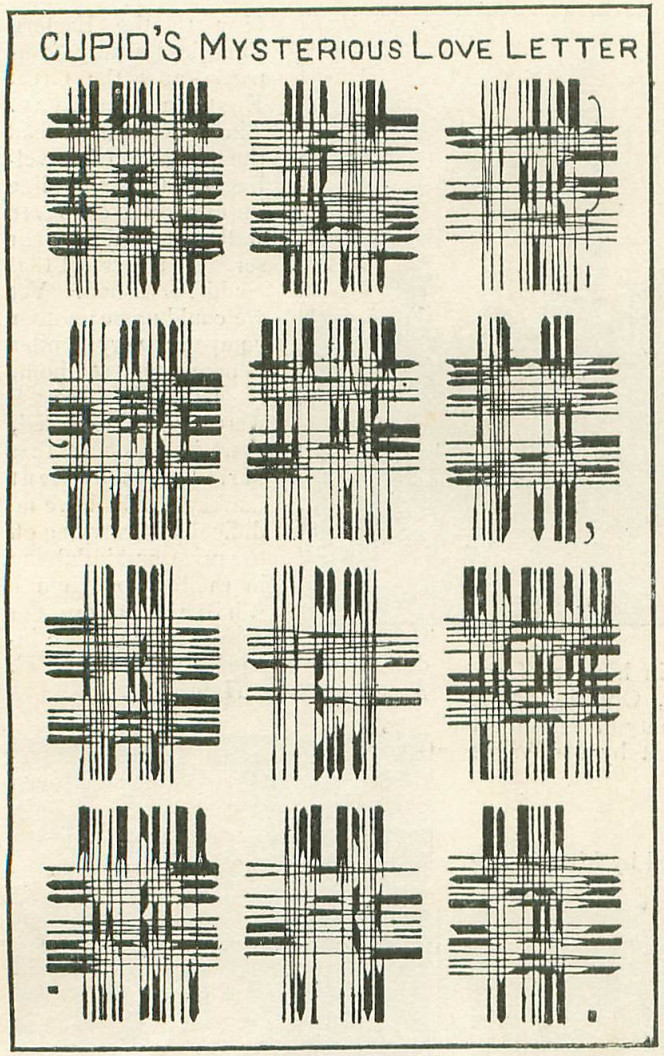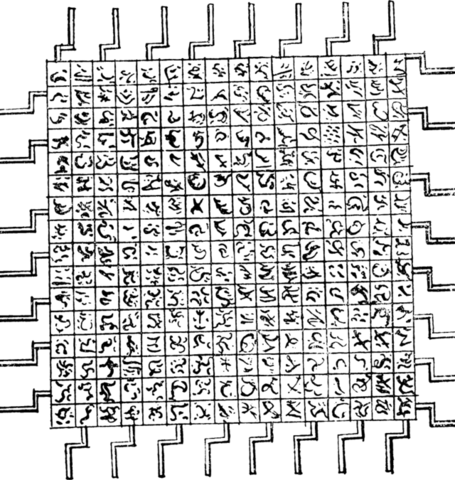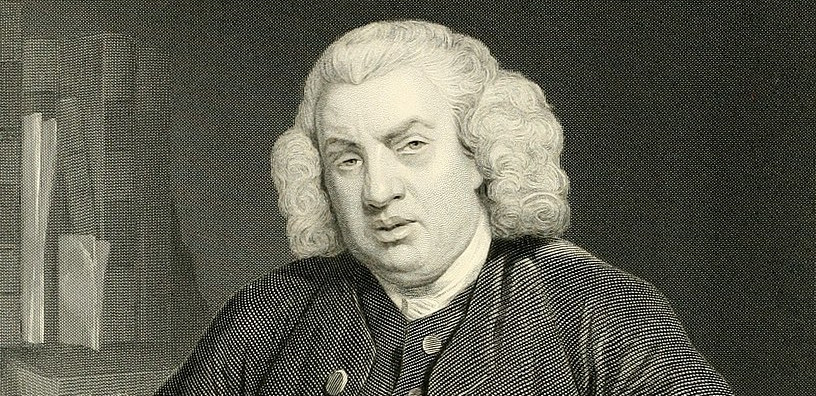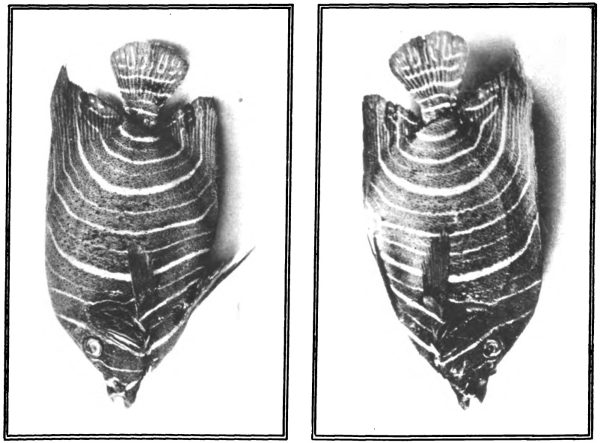Reponse of a 10-year-old child invited to write an essay about a bird and a beast:
The bird that I am going to write about is the owl. The owl cannot see at all by day and at night is as blind as a bat.
I do not know much about the owl, so I will go on to the beast which I am going to choose. It is the cow. The cow is a mammal. It has six sides — right, left, an upper and below. At the back it has a tail on which hangs a brush. With this it sends the flies away so that they do not fall into the milk. The head is for the purpose of growing horns and so that the mouth can be somewhere. The horns are to butt with, and the mouth is to moo with. Under the cow hangs the milk. It is arranged for milking. When people milk, the milk comes and there is never an end to the supply. How the cow does it I have not yet realised, but it makes more and more. The cow has a fine sense of smell; one can smell it far away. This is the reason for the fresh air in the country.
The man cow is called an ox. It is not a mammal. The cow does not eat much, but what it eats it eats twice, so that it gets enough. When it is hungry it moos, and when it says nothing it is because its inside is all full up with grass.
— Ernest Gowers and Sir Bruce Fraser, The Complete Plain Words, 1973




